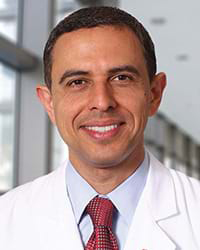The Utility of Patient Registries
Written by James Torner, PhD, University of Iowa
Published:
IntroductionThe goal of both a clinical trial and of a patient registry is to produce evidence for scientific advancement, regulatory approval, and/or clinical decision-making. Producing sufficient evidence will yield a best practice or a clinical guideline that establishes a standard of care. Evidence can be produced in a variety of ways. At the top of the pyramid are clinical trials and prospective cohort studies. A clinical trial provides a test of a hypothesis to produce an efficacy statement that the intervention improves outcomes. It establishes a mechanistic efficacy associated with a clinical outcome and the intervention is safe.
Read More ...


